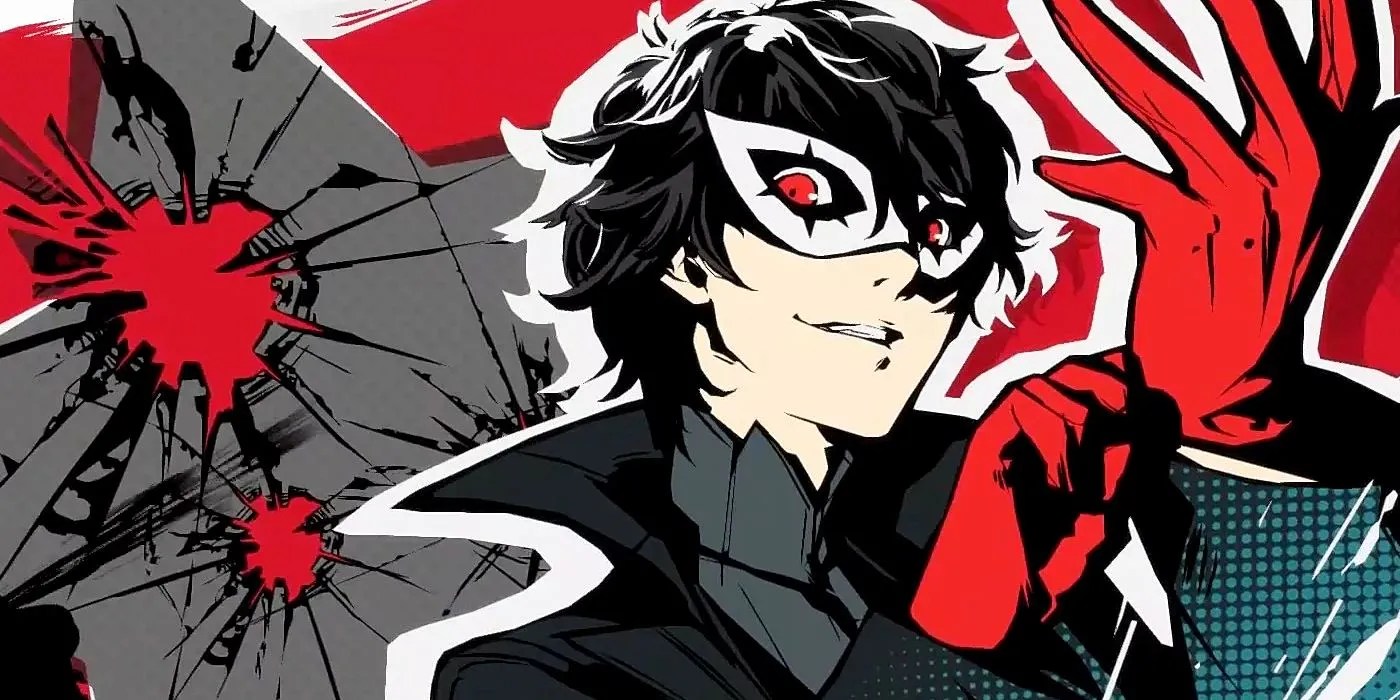Through every triumphPersona 5has as a JRPG, the game still has one underlying problem that otherPersonatitles have suffered as well. The “silent protagonist” trope is something that games have utilized for years, typically all for the same reason. Many games utilize Tabula Rasa so that players overall have an easier time placing themselves in the shoes of the main character. Characters are blank slates for this reason so that players can imagine and, in the case ofPersona 5, dictate how they act accordingly.
Only problem isPersonaoften directly and inadvertently injects personality into these main characters, despite their malleable nature. Oftentimes,Persona 5walks and crosses a tedious line of ambiguity and direct personalization of the main character. This can be make or break for immersing players in a character that’s supposed to represent them. That’s not to sayPersonahas to completely eliminate the silent protagonist archetype; in fact, the series would benefit from either leaning further into this character framework or getting rid of it entirely.

The Silent Protagonist in Persona 5
Persona’s prime example of straddling and crossing that line of ambiguity is with Joker, the playable protagonist ofPersona 5. Already this protagonist is designated a name outside of the control of player choice. Joker’s namesake is a double-edged sword: On one hand, it’s justified through story means, simplifies naming conventions and scripting, and emphasizes the gentleman thief theme of the game. On the other hand, it immediately feels like this suave and reckless hero disposition is pre-assigned to this character who is supposed to be tailored to a player’s personality. All of which is established basically rightin the beginning flashback in Sae’s Casino Palace, where Joker (almost) escapes the main hall with ease and style.
This same conundrum pops up a lot throughout the game’s narrative, both in the main story, in many of the side stories, and inConfidant routes inPersona 5. Though this is an issue that pops up in many games with narrative choice, dialogue choices can be problematic inPersona 5. They often don’t significantly alter the conversation or even affect subsequent events. Over time, players can feel like they don’t belong in this world upon realizing that their responses have no realistic effect on what’s going to happen next. That’s not true for every encounter, but when dialogue choices are presented throughout the game only to really affect few critical points in the game’s narrative, it’s jarring and what some would consider unfair.

The Problem of Linear Personality
This in turn leads many to the argument of whyPersonarealistically even needs a silent protagonist. It’s clear in games likePersona 5that there’s a story to be told that players are simply driving the narrative car down the highway. Sure, it’s great the game gives players the opportunity to inject their own personality in to the character’s they’re controlling. At the same time, it’s hard not to feel like any actions taken by the player defines the main character’s personality anyway, at least any more than the game itself already has.Joker is the gentleman thief, and he’s the charismatic and confident leader of the Phantom Thieves. Regardless of how players choose to act in character conversations, very few choices in the game will change the main character’s emotions.
If anything,Persona 5would be better in this regard if Joker was just a definitive character with his personality. The game already seems determined in giving Joker his, well, “persona” of a gentleman thief. Regardless of how a player wants to tailor their experience playing through the game, the main character will always act in specific ways. This is very much a recurring motif of JRPGs in general, butPersonadoes have elements of choice like Social Links andromances that are antithetical to this notion. Specifically withPersona 5’s Confidants, choosing specific dialogue options only hinders progress with Confidants, rather than significantly impacting their actions and reactions. In the end, progressing through Confidants (outside of romance) always ends the exact same way.

RELATED:Persona 6 on PS5 Could Still Follow Persona 5’s Original Pitch
Making Choices Matter
As a player, feeling like any choice made is invalidated by the “fate” of the game immediately breaks immersion for a character that’s supposed to represent who’s holding the controller. This is a critical aspect of the silent protagonist that the nextPersonagame should address.Games likeThe Witcher 3and Geralt, while not entirely a silent protagonist per se, introduce a protagonist with a tailorable personality who’s decisions actually change the flow of the game. Regardless of how linearPersona 5was always intended to be, don’t present choices to the player deliberately, whilst simultaneously making the outcome the same regardless of choice.
Going along with that, assumingPersonawants to keep utilizing the silent protagonist archetype, make it meaningful for players to tailor their character to how they want them to act. Have certain moments in the game change depending on the disposition players have chosen for their main character. Make it so that these decisions feel personal to the playthrough, not just the player’s imagination. It’s the reason whygames likeThe Witcher 3are entertaining to watch others play, because each player’s unique personality can be vastly different from someone else’s playthrough.
In the end,Persona 5is still a fantastic JRPG that genuinely has lots of interesting detail and ways to make the game seem personal. But at the same time, feigning any semblance of choice on behalf of the player can be deeply troubling for some. The nextPersonawould do well to examine how player choice can become more significant throughout each playthrough.
Persona 6is reportedly in development.
MORE:Persona 6 on PS5 is the Perfect Chance to Break One Series' Mainstay